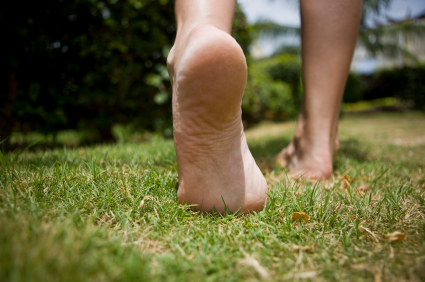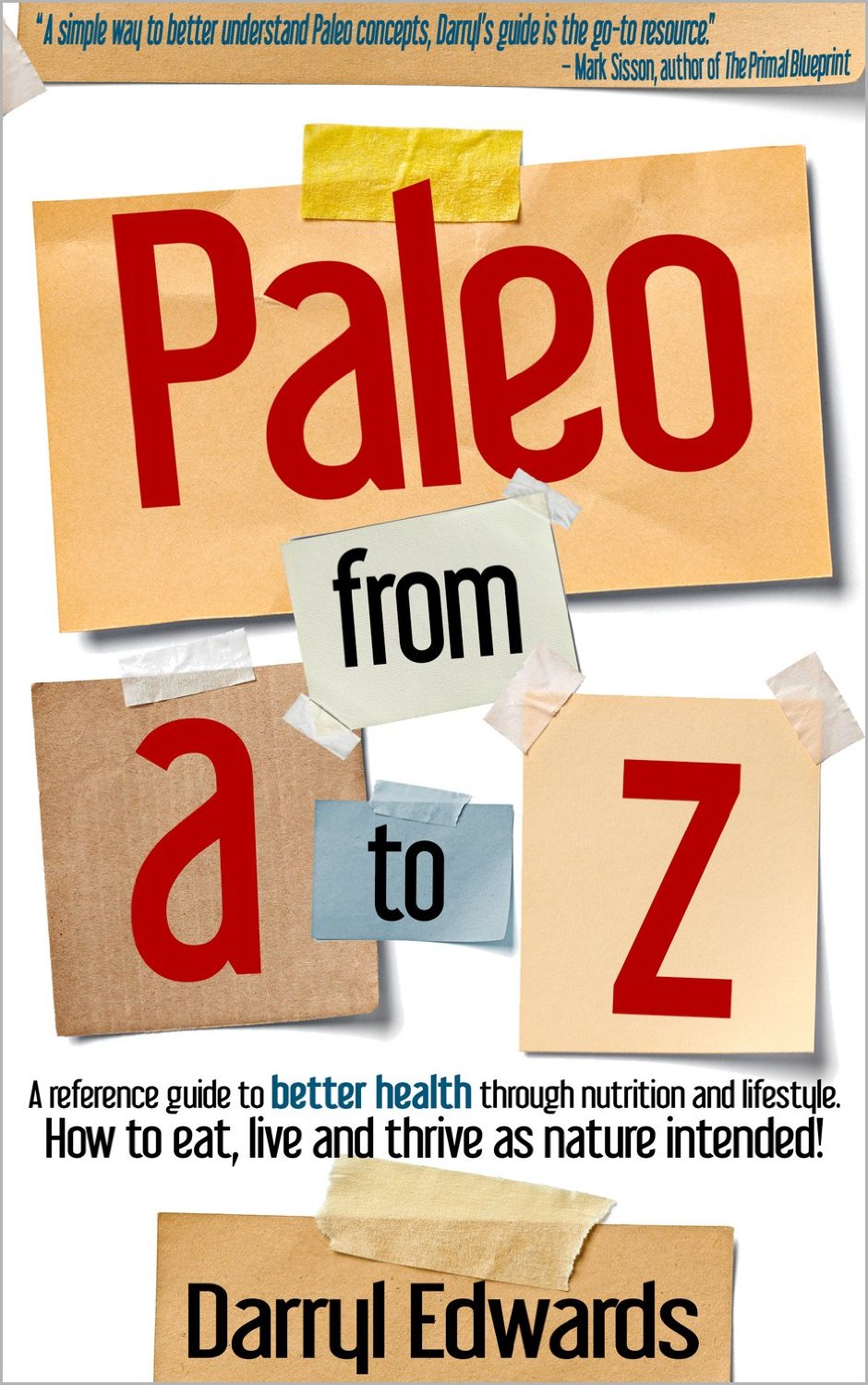Walk Wednesday!
 Wednesday, April 2, 2014 at 16:08 | by
Wednesday, April 2, 2014 at 16:08 | by  Darryl Edwards
Darryl Edwards

Go for a walk today!
Research has shown that walking:
- Reduces the risk of lifestyle diseases such as coronary heart disease, stroke and Type II diabetes;
- Reduces risk of hypertension (high blood pressure);
- Reduces high cholesterol;
- Helps to prevent osteoporosis, by increasing bone density;
- Enhances mental well being (less prone to depression and anxiety);
- Helps osteoarthritis (joints have a wider range of motion);
- reduces mortality rates for both younger and older adults;
Recently neurologists at the University of Pittsburgh, USA have discovered that people who walk regularly on a weekly basis are less likely to suffer from senile dementia. The study was conducted over a 13 year period and it was found that those who walked on a regular basis were half as likely to develop memory problems.
How far should you walk? The ideal cumulative weekly distance was found to be between 6 and 9 miles a week, with no significant improvement walking any further. At about 1 mile a day, these distances are relatively easy to cover within a week.
Dr Kirk Erickson, the professor who led the study said:
“If regular exercise in mid-life could improve brain health and improve thinking and memory in later life, it is one more reason to make regular exercise in people of all ages a public health imperative.”
Sources: British Heart Foundation 2000, US Dept of Health 1996, UK Dept of Health 2000, Journal of Neurology 2010
Go for a Walk - here's a few suggestions:
- Leave the car at home for short journeys;
- get off a few bus stops early and walk the rest of the way;
- if you have one, take the dog for a walk more often;
- take your time, relax and enjoy your surroundings.
Treat walking as a natural part of the day rather than an 'exercise' regime. This will make it easier to integrate into your everyday life, reduce stress and to help put things into perspective.
 Walking in
Walking in  Health,
Health,  Paleo Fitness
Paleo Fitness 






















